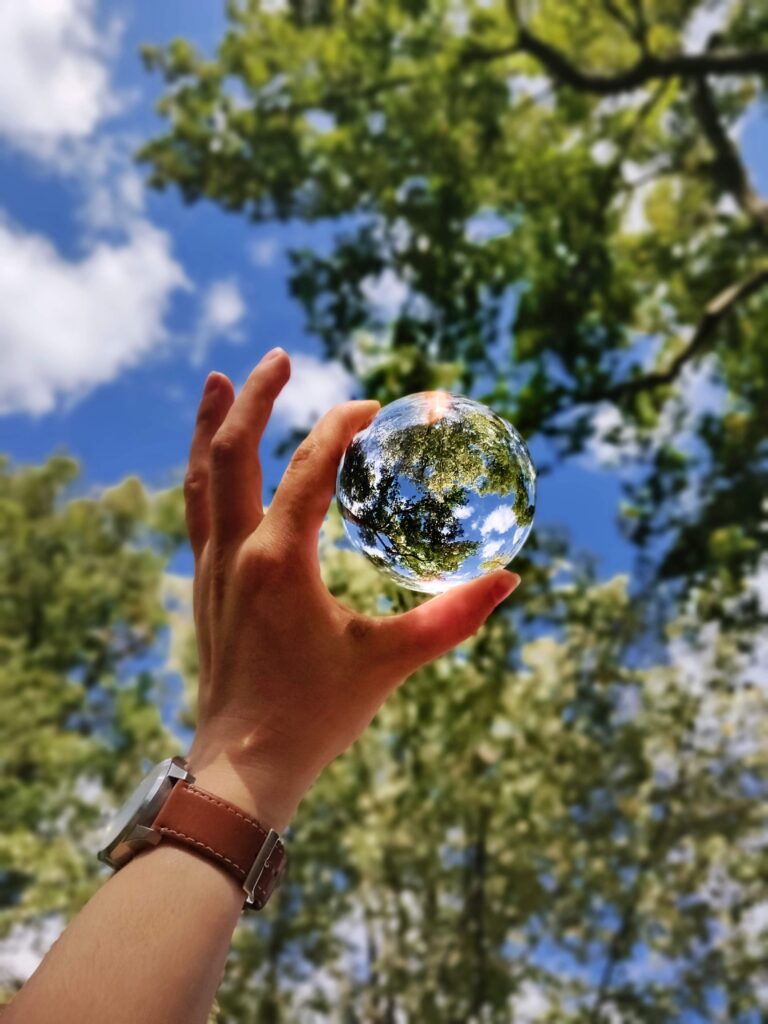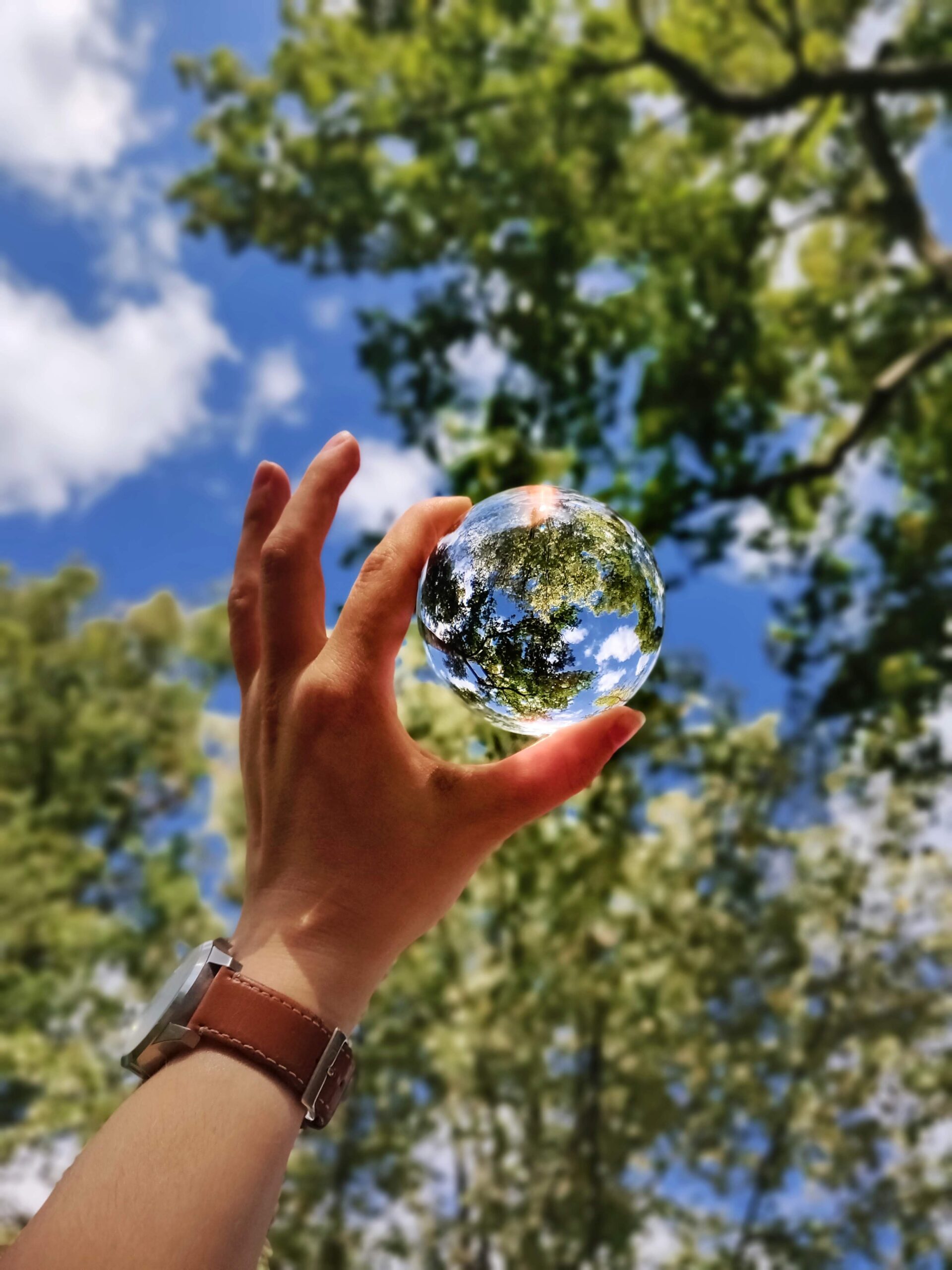In the six schools I attended in my teens, they each promoted the idea that I had to pick one thing to focus your career on. Since I barely had the chance to settle into one school, focusing on a career route did not come easily. Even now that I’m a few decades beyond my teens, I’m still trying to narrow my focus onto what I’m actually supposed to be doing.
Riverview High was my fourth school since sixth grade, and it was where I spent my senior year. Up until that time, the most consistent adults in my life had been youth pastors, so I decided to follow in their footsteps. Basically, I wanted to be able to help people so I decided to pursue a degree in psychology. If I can scrape together a few dollars and combine it with that degree, I can get a cup of coffee. Unfortunately, it hasn’t really helped my career much so far.
Nevertheless, I have been able to help people and continue to do so. Understanding psychology has helped me to become a better artist in each of the areas I practice, and it has helped me to be a bit more understanding and empathetic toward people I meet on a regular basis. And I am grateful that it has helped me to understand myself a bit better, especially combined with the independent education I have sought since my college years.
It has been a long time since I wanted to be a youth pastor, but I still feel that what I’m trying to do is a ministry. As I have experimented with the possibilities of what I can be, and challenged my skills as an author, actor, poet, songwriter, performer, and lifestyle stuntman, I have always thought of my art as the greatest service I could offer. But I think that my greater purpose is not only the art I create, but how I create and share it.
Shortly before challenging myself to live for a year without money, I developed a theory I called ABC squared economics. The basis is that just as humans are comprised of heart, mind, body and spirit, we also participate in the world as Artists, Businesses, Citizens, and Community members. The vision is that we can use the technology at our disposal to create an economic flow, more akin to who we really are, and less about what we manufacture.
Currently, what we know as economics is consumed with the market economy, about what we create, buy, and sell. However, that only accounts for one aspect of the true economy of life. Although we are often consumed by the Market Economy, and the corporations and governments we’ve created to bolster them, our current methodology usually ignores the importance of the other economies that create the life we know.
For instance, the Planetary Economy, consisting of all that is made of water, air, earth, and fire, is generally ignored beyond something that can be exploited to drive the Market Economy. Yes, the Planetary Economy is much more and worth much more than the Market Economy can even consider. The world we live in should be more important than the way we live in it.
Secondly, our current economic system usually ignores the Core Economy. It cannot account for the energy that goes into raising families, creating communities, and developing friendly and safe neighborhoods. The Core Ecoomy is how we care for one another, and since that sort of love is exceedingly abundant, the limited perspective of lack that the Market Economy thrives on cannot measure this aspect of wealth at our disposal.
And of course, the Market Economy cannot count for the Gift Economy, that amazing opportunity we have to give of ourselves to others. Humans are not created to compete as much as the Market Economy demands them to, nor as much as the war economy from which it was spawned. Our true essence is living in grace, harmony, and collaboration, and that is still seen through how much we give to one another.
With ABC squared economics, The Core Economy is created as we create the artistry of our lives. The Market Economy still addresses our business, but we recognize our businesses as the service we offer and opportunities we help create for others. We cultivate the Planetary Economy through our citizenry by contributing to the world around us and how we create the civilization we inhabit. And the Gift Economy is promoted through the community we nurture through caring for those around us who are in need and realizing how our needs are met by the community we invest in.
Through all of the other things I do, this is my highest focus, and I feel as if I am driving toward helping others to implement this methodology and modality into mainstream operations. By empowering people to focus on the artistry of their lives, the service of their business, the engagement of their citizenry, and development of their community, I believe we have the capacity to create a much more democratic, healthy, resilient, and sustainable economic system than the trickle down theory that has guided us into blind and wanton consumerism over the last many years.
Ultimately, I believe I’m here to help usher in an economic revolution.


